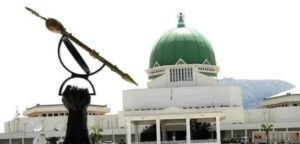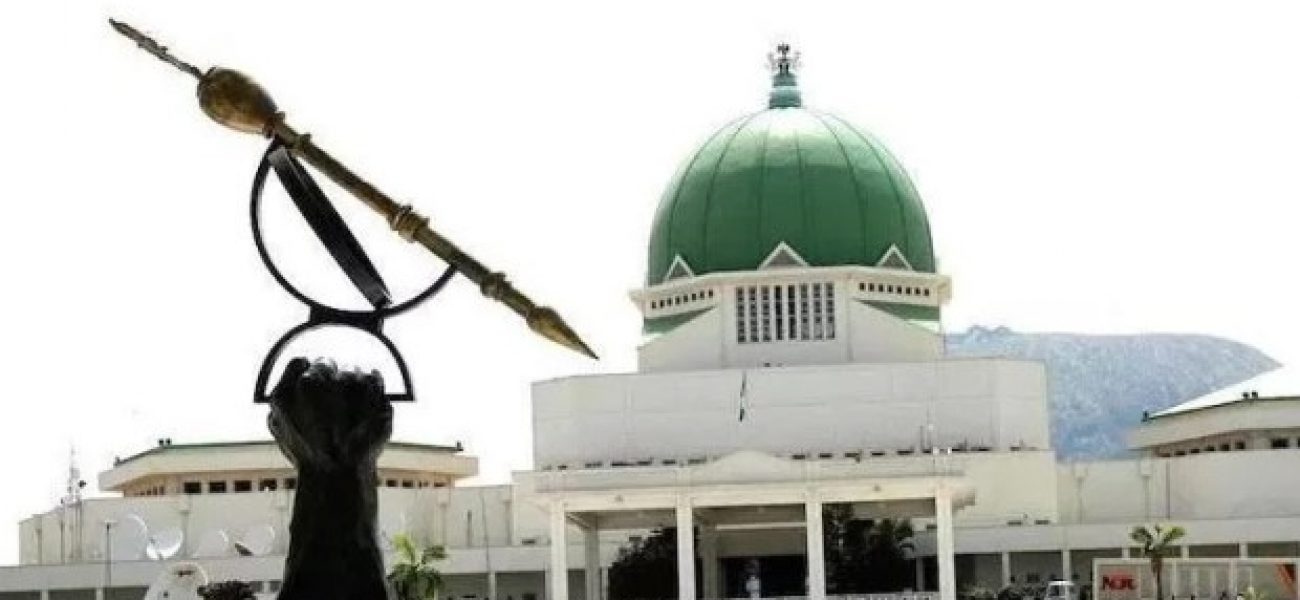 The National Assembly is expected to commence deliberation on the 2019-2021 Medium Term Expenditure Framework (MTEF) and the Fiscal Strategy Paper (FSP) after the leadership of both houses confirmed receipt of the document. The MTEF and FSP is utilised by the Federal government to define its economic, social developmental objectives and priorities, which is used in budget preparation.
The National Assembly is expected to commence deliberation on the 2019-2021 Medium Term Expenditure Framework (MTEF) and the Fiscal Strategy Paper (FSP) after the leadership of both houses confirmed receipt of the document. The MTEF and FSP is utilised by the Federal government to define its economic, social developmental objectives and priorities, which is used in budget preparation.
According to the document, N8.73trn is forecast for the 2019 fiscal year. The budget figure is predicated on an average oil production of 2.3 million barrels per day, oil benchmark price of $60 per barrel, exchange rate of N305 per dollar, inflation rate of 9.98% and GDP growth rate of 3%.[1]
Other highlights include Government’s strategy to increase revenue generation by a strengthened tax and customs administration and by an expansion of its non-oil revenue base. The Executive also appears to anticipate the passage of a Petroleum Industry Governance Bill (despite rejecting same in August 2018) as part of its strategy of increasing revenue generation as it predicts that the implementation of the Bill will reduce uncertainties, promote new private sector investments and increase revenue[2]. In addition are plans to cut back on administrative costs and carry out reforms in energy, agriculture[3], and promote a sound financial system among others.
There are also attempts to douse public concerns over Nigeria’s current debt profile at 18.35% which it claims to be below the country’s self imposed debt limit of 25% and the World Bank’s debt sustainability threshold of 56. However, a funding gap was noted as a potential fiscal challenge in the implementation of the budget since Nigeria has been been upwardly classified as a middle income country with the consequence that it is ineligible to access the International Development funding of major lending institutions such as the World Bank, the African Development Fund and some other development partners that apply similar parameters when determining access to concessional financing[4].
In addition are contemplations of an increased Value Added Tax (VAT) rate on luxury items from 5% to 15% despite the 2019 proposed budget being leaner (than the approved 2018 budget of 9.12 trillion[5] by 4% or N393.23.11billion).
It is uncertain when the National Assembly will pass the 2019-2021 MTEF and FSP and pave way for 2019 budget presentation and eventual passage.
1 Page 18 of the 2019-2021 Medium Term Expenditure Framework and Fiscal Strategy Paper that was submitted to the National Assembly
2 Page 24 of the 2019-2021 Medium Term Expenditure Framework and Fiscal
Strategy Paper that was submitted to the National Assembly
3 Page 28 and 30 of the 2019-2021 Medium Term Expenditure Framework and Fiscal Strategy Paper that was submitted to the National Assembly
[4] Page 38 of the 2019-2021 Medium Term Expenditure Framework and Fiscal Strategy Paper that was submitted to the National Assembly
[5] Page 37 of the 2019-2021 Medium Term Expenditure Framework and Fiscal Strategy Paper that was submitted to the National Assembly

